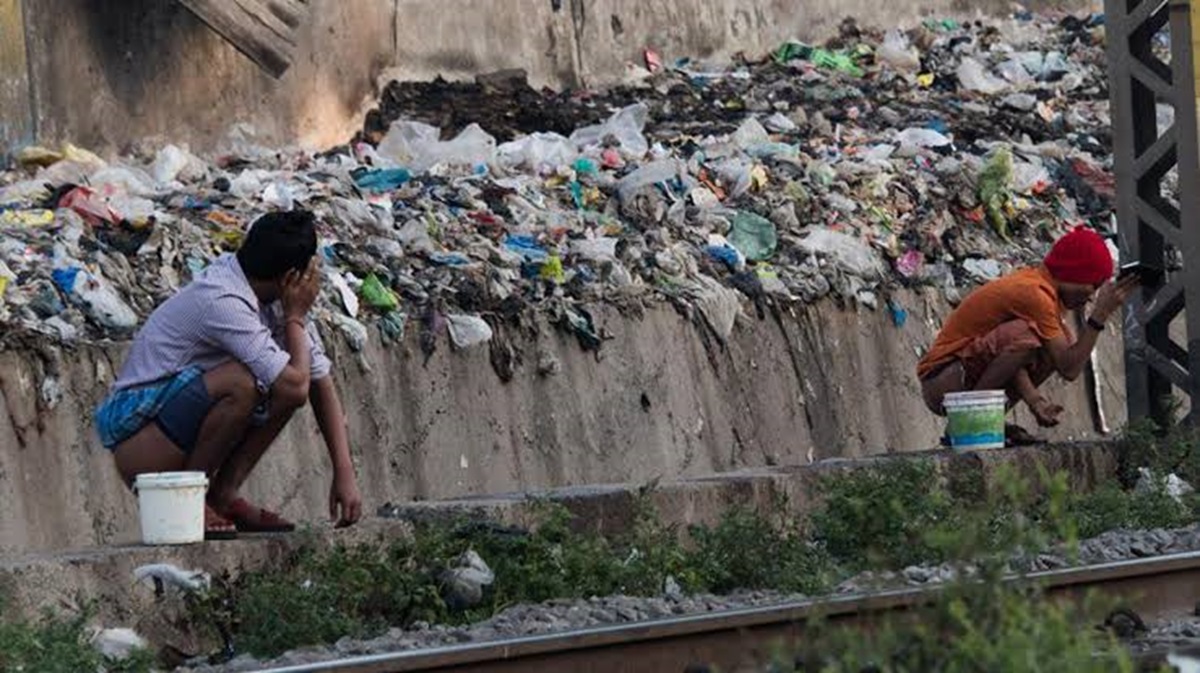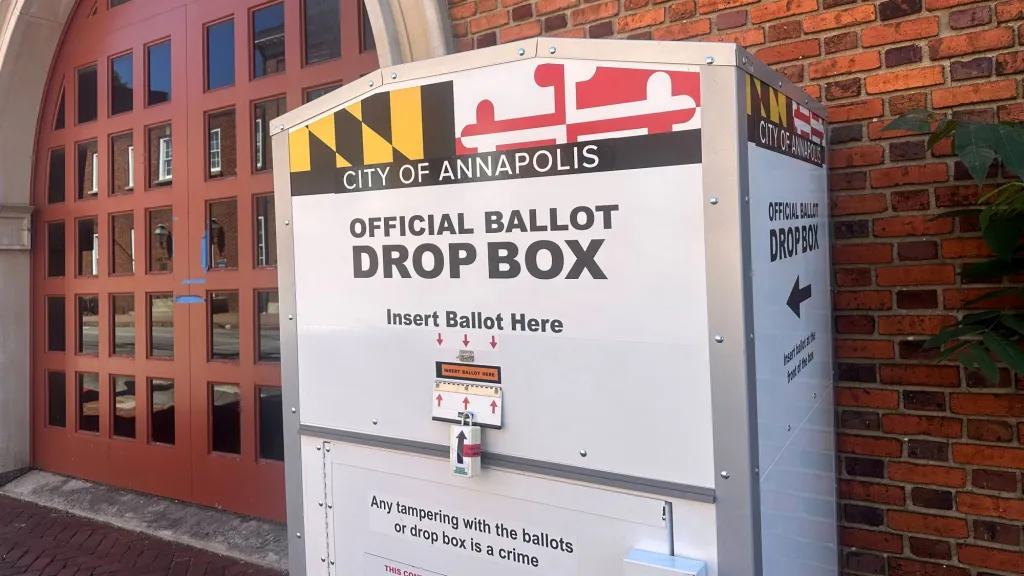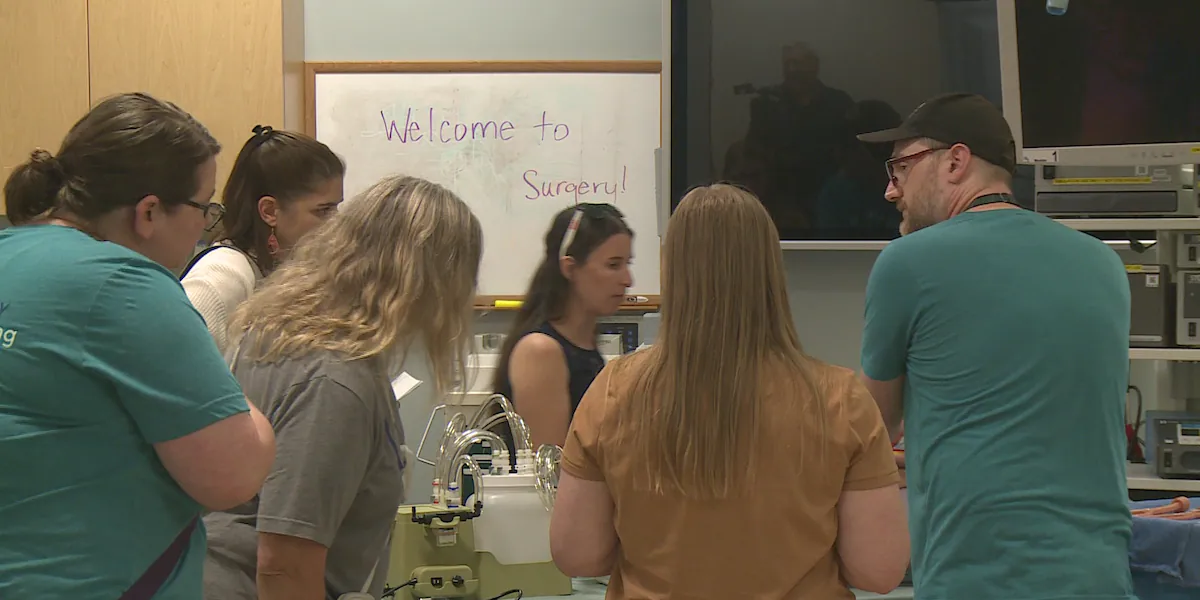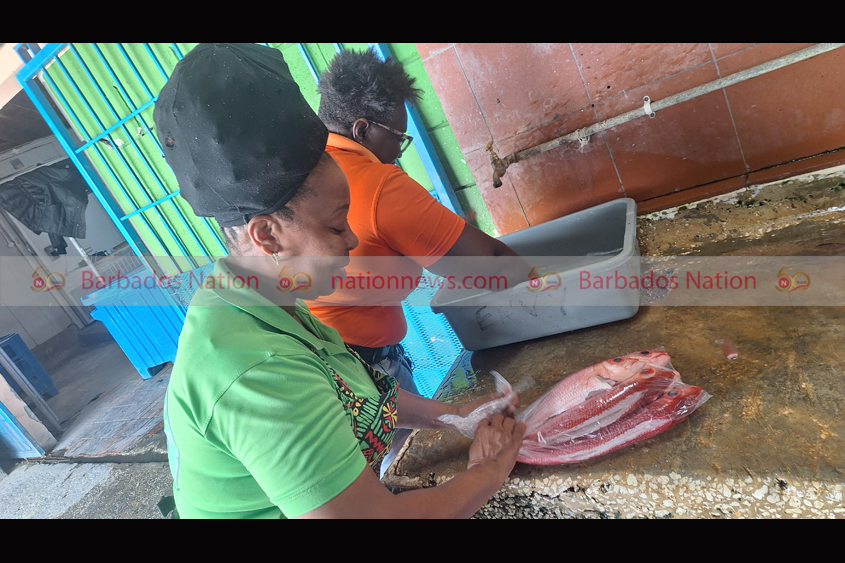By Dauda Musbau
Copyright tribuneonlineng

Whenever Fatimoh Idera passes between the ridges along the popular market in Akungba, Ondo, Southwest Nigeria, she always covers her nose as an escape route against the polluted air oozing from the freshly-delivered feaces in a nearby open field.
“I don’t feel like eating anything I buy from this market unless I get it washed and preserved well,” she told the Nigerian Tribune, adding that buying foodstuffs inside that market where houseflies hum around poses significant health concerns.
Whenever it rains, she said, the whole Akungba community would be smelling of feaces littered around by flooding. With this scattered around, there is hardly any passage for residents without stomping on the feaces.
Fatimoh, a said she believes that Nigeria can reduce the trend by providing public toilets and creating awareness that everyone should have a toilet in their household.
Scary data…
In November 2018, Nigeria witnessed an unprecedented level of waterborne diseases that plagued some parts of the country like never before, in what experts linked to open defecation.
Reacting to the development, the then-president, Muhammadu Buhari, declared a state of emergency on water, sanitation, and hygiene (WASH) to ease the situation. Buhari stated that the federal government will be supporting the state governments based on their commitment to implement the national WASH Action Plan to end open defecation by 2025.
In 2019, Nigeria ranked number one in the world with people practicing open defecation. The country with over 200 million people outrageously overtook India, which had 1.383 billion then. It was in this vein that former president Buhari signed Executive Order 009 to save the crisis.
Five years later, Nigeria’s minister of state for environment, Isiaq Saleko, said in May 2024 that 48 million Nigerians are still practicing open defecation. Hence, Tribune Online decided to examine the amount that the Federal Government of Nigeria (FGN) has spent on open defecation between 2019 to 2024.
FGN Spent N44.862 Billion Naira on Training
According to Govspend, an accountability platform of BudgIT that monitors government expenditure, Nigeria spent a total amount of N44.8 billion (N44,862,204,080) on training and consultancy services on open defecation between 2019 to 2024.
In December 2019, the sum of N11,495,800,000 had been released to one Mohammed Lawan (as a beneficiary) for the conduct of a nationwide workshop on strategies for implementing sustainable rural community-based sanitation programmes and upscaling action plans for attaining open defecation-free status in Nigeria by 2025.
The fund was paid through the Federal Ministry of Agriculture and Rural Development Headquarters, now known as the Federal Ministry of Agriculture and Food Security.
In 2021, N3.4 billion (N3,493,481,037) was also spent on tackling open defecation. The spending began in July when N6,459,548.85 was paid to Ekpa Achi Foundation through the Cross River Basin Development Authority. The payment was made for the training of facilitators on the attainment of open defecation free (ODF) status and sustainable livelihood and economic empowerment initiative in Cross River State.
ALSO READ: Tinubu orders Fubara’s return, suspends emergency rule in Rivers
Likewise, through the same agency, over N11 million ( N11,214,418.60) was paid to Ly-dias Company Ltd for the construction of the Partnership for Expanded Water Supply, Sanitation, and Hygiene (P-WASH) facility to end open defecation in Cross River Basin Development Authority headquarters, Calabar.
In Abebene, Obubra local government area, and Adadama in Abi local government area of Cross River, the sum of N8.6 million (N8,630,421.46) was paid differently to two companies – Max-sino Integrated Services Nig Ltd and Kedio Engineering Ltd respectively for the provision of ODF (water supply) for the Clean Nigeria: End Open Defecation Programme.
Through the Federal Ministry of Environment, Nigeria spent N5.5 million (N5,589,847.50) on the crisis in 2022. The fund was paid to Earth Environmental Health Solution Nigeria Limited for the award of a consultancy services contract for the community-based intervention on control of open defecation.
Similarly, in 2023, over 360million (N361,406,900.00) was paid through the Federal Ministry of Water Resources for a national open defecation-free campaign. According to Govspend, the company under the beneficiary for this fund is FGN/UNICEF Drawdown E-collection for national water and sanitation.
The Nigerian government went on to spend on open defecation twice in 2024. In May 2024, a sum of N32,900,102.21 was paid to Nexvile Energy Logistics Limited for the award of a contract for community-based intervention on control of open defecation in Nigeria.
Also in 2024, a sum of N6,773,860.46 was paid to Toslat Geo-hydro Services Ltd through Lower Benue for the implementation of the Clean Nigeria campaign on open defecation-free activities. The fund was made for the provision of two handpumps.
Cholera, diarrhea wreak havoc on children
Cholera remains an endemic disease – occurring annually mostly during the rainy season – that plagues areas with poor sanitation like Akungba in Nigeria, Africa’s largest democracy.
Cholera, an acute disease that can kill within hours if untreated, stemmed from the failure to eliminate open defecation. According to the Centers for Disease Control and Prevention (CDC), People living in places with unsafe drinking water, poor sanitation, and inadequate hygiene are at the highest risk of cholera.
In 2024 alone, the World Health Organization (WHO)‘s data shows that Nigeria witnessed the most devastating records of a cholera outbreak with around 11,000 suspected cases and 359 deaths across 36 states.
Another severe damage that open defecation causes in Nigeria comes in the form of another disease, this time around, it is diarrhea.
The United Nations Children’s Fund (UNICEF) reported in 2022 that more than 100,000 children under 5 years of age die each year due to diarrhea, of which 90 percent is directly attributable to unsafe water and sanitation.
The international organization said that 1 in 4 children under five years of age exhibit severe stunting, while 1 in 10 are wasted, due to frequent episodes of diarrhea and other WASH-related diseases.
Experts weigh-in
Commenting on the effectiveness of the budget, Samuel, an accountability expert working with Tracka, an online platform monitoring the status of federal and state projects in Nigeria, emphasized that before the Nigerian budget can serve its purpose, citizens would need to demand good governance on budget implementation.
“In ensuring the effective use of budgets,” he continues, “it is the responsibility of the economic governance to monitor, follow up, and ensure transparency is put in place for effective use of budgets by the government.”
While Samuel agrees that the government is on the right path, spending on sensitizing the citizens on the hazardous effects of open defecation through training they are organizing, he cautions that enforcement should be put in place by both the state and federal governments.
He added that as long as there’s an increase in poor sanitation and open defecation, the cost of living, healthcare will continue to rise. “Spreading of diseases such as waterborne diseases increases the cost of healthcare expenses.”
“Illness and diseases spread by poor sanitation affect productivity, and once productivity is affected, there will be a rise in the cost of living,” he concluded.
Abdulrasheed Onikanhun, a lecturer of Economics at Ahman Patigi University, believed that achieving Sustainable Development Goals (SDGs) has been quite challenging for the nation. Spending N44.86 billion in about 5 years to end open defecation aligns greatly with Nigeria’s broader economic priorities in public health, infrastructure, and human capital development. He emphasized that Improved sanitation is key to achieving Goal 6 (clean water and sanitation) and enhances public health outcomes.
Speaking on whether this amount is sufficient or requires more funding from the government, Abdulwaheed said its sufficiency depends on the efficiency of spending, governance, and the population it targets. “For a country of about 220 million people and an estimated 48 million practicing open defecation, this amount is insufficient when spread across multiple states and over a five-year period.”
However, he opined that addressing open defecation requires not just building toilets but also changing behaviors, improving water access, and establishing sustainable waste management systems.
“The matter usually demands a combination of huge financial resources, technical expertise, and community mobilization, which appears not to have been adequately factored into the National and Sub-National Budgets,” he said.
When asked about how poor sanitation and open defecation contribute to economic inequality in Nigeria, Abdulwaheed noted that both disproportionately affect marginalized groups, particularly in rural areas, low-income urban settlements.
He explained that economic governance and accountability are critical in ensuring effective use of large budgets. Mismanagement, corruption, and lack of transparency that characterized most government spending in Nigeria undermine sanitation programs.



